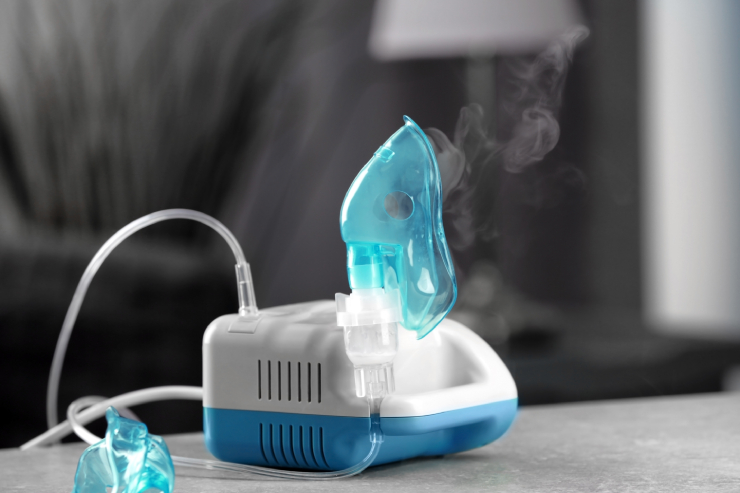
Nebulization is a treatment method that converts liquid medication into a fine mist or aerosol, which is then inhaled directly into the lungs through a mask or mouthpiece. This allows the medication to act quickly and effectively on the respiratory system, providing relief from symptoms and improving lung function.